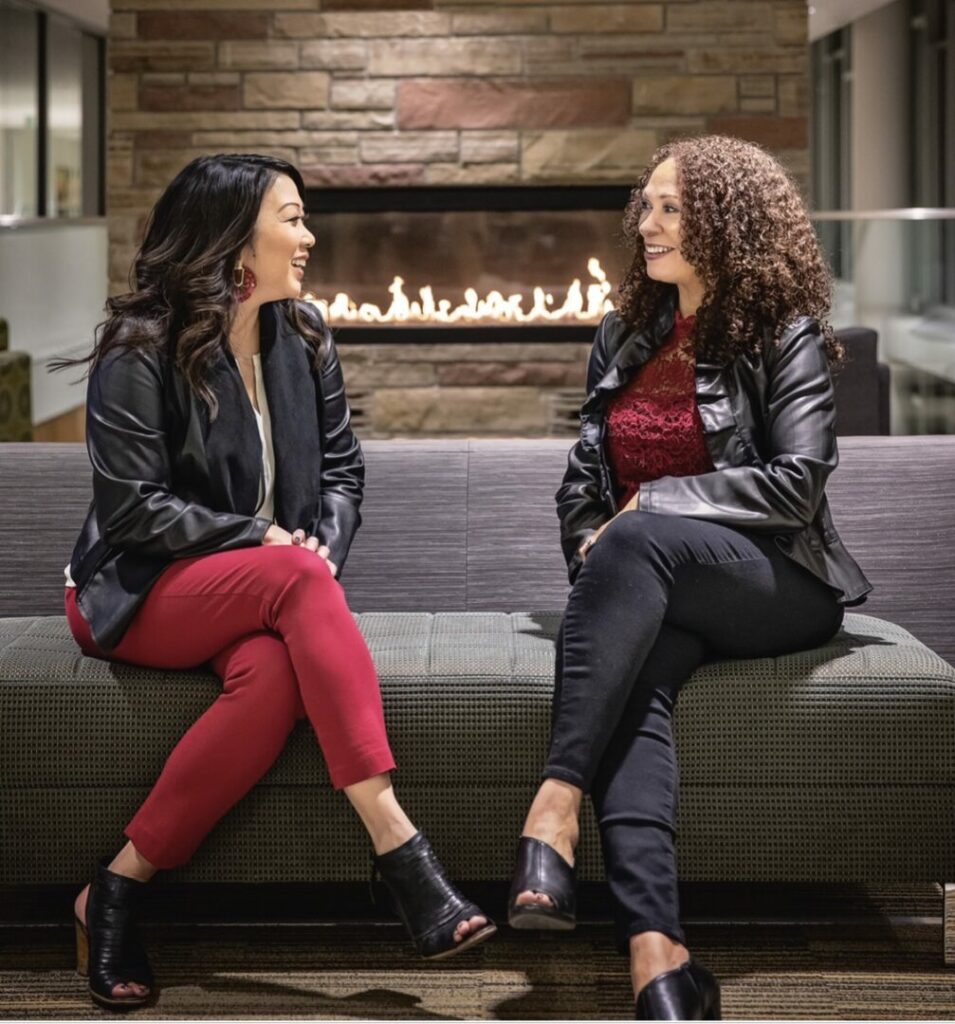Self-doubt and imposter syndrome have stopped far too many talented folks from going for their goals and reaching their true potential. Our hope is to host conversations that inspire folks to overcome imposter syndrome and help others as well.
Kyle Dattelbaum
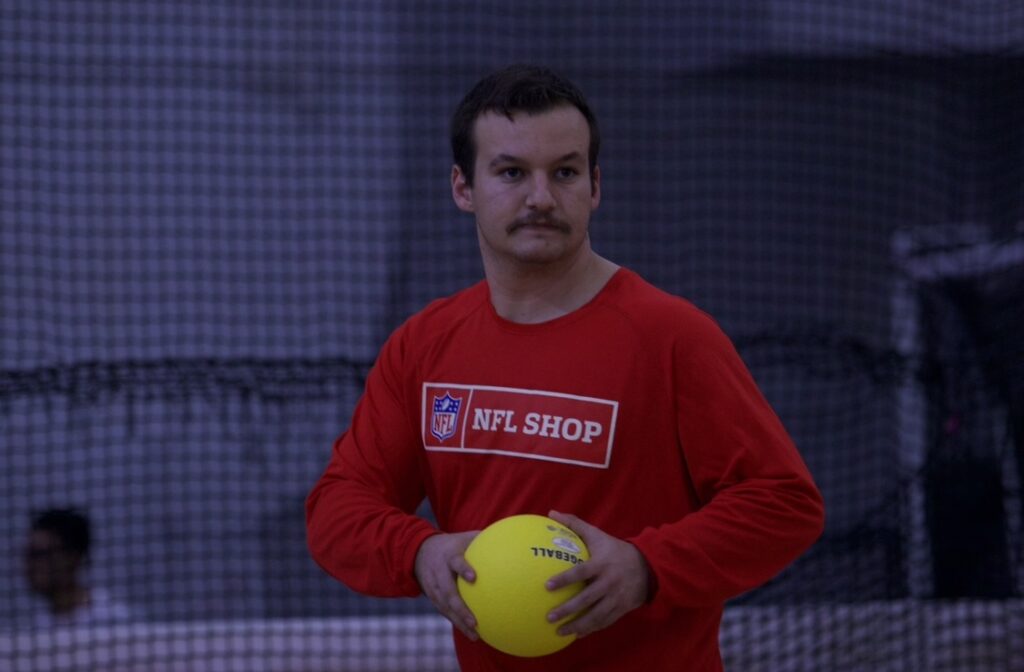
I think it’s okay to understand you never fully overcome imposter syndrome. You channel that fear to keep continuously working on your individual skill sets & providing for others to compensate. (And hope you aren’t coming off as over-compensating) Read more>>
Marielle Orr
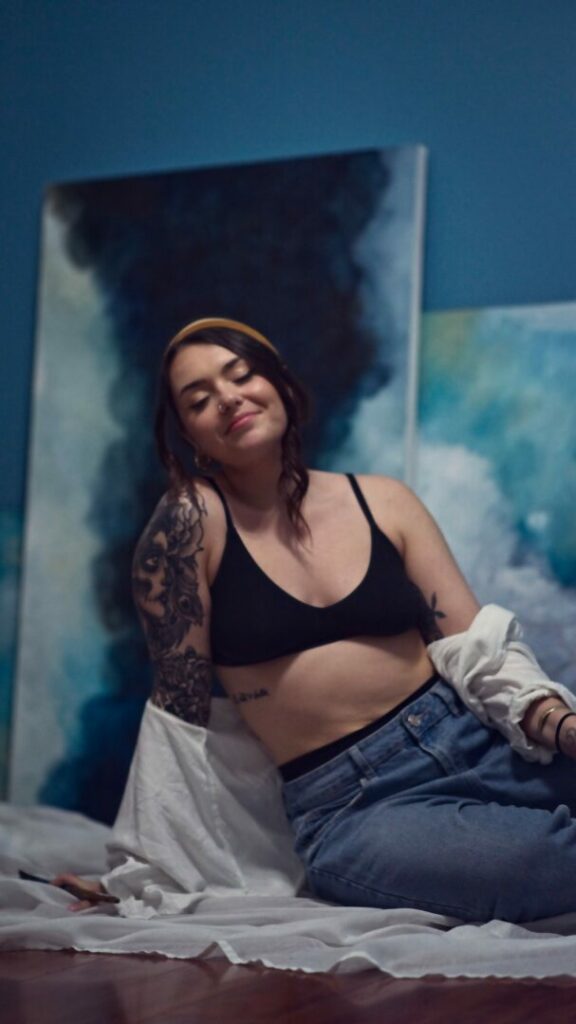
I don’t think that imposter syndrome is something that you truly get over. It’s always lurking in the back of your mind. I have learned to quiet the overwhelming thoughts that come with it by learning to take a step back whenever I have big decisions to make or new projects launching to remember how far I have come already. I take a look at all the things I have accomplished and even take a look at the failures I have endured to remind myself that life is full of ups and downs and this is just another one of them. Read more>>
Alaina Joy
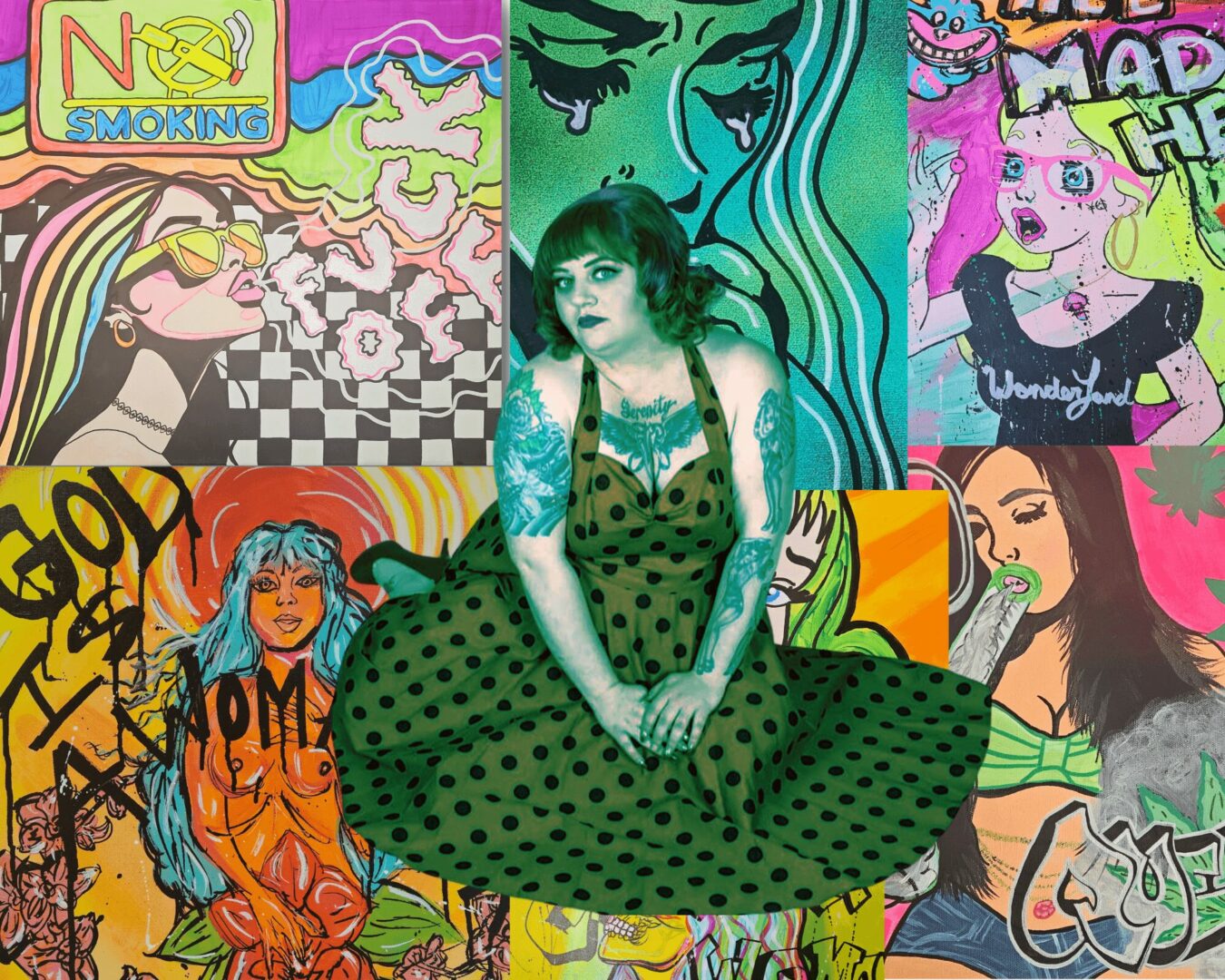
As an artist, imposter syndrome has been a constant companion throughout my journey. No matter how many pieces I create or how much recognition I receive, there’s always this underlying voice questioning whether I’m truly “good enough” or if I belong in the spaces I’m in. It’s a strange feeling—one minute, I’m confident in my vision, and the next, I’m wondering if I’m just faking it. Read more>>
Megan Moon
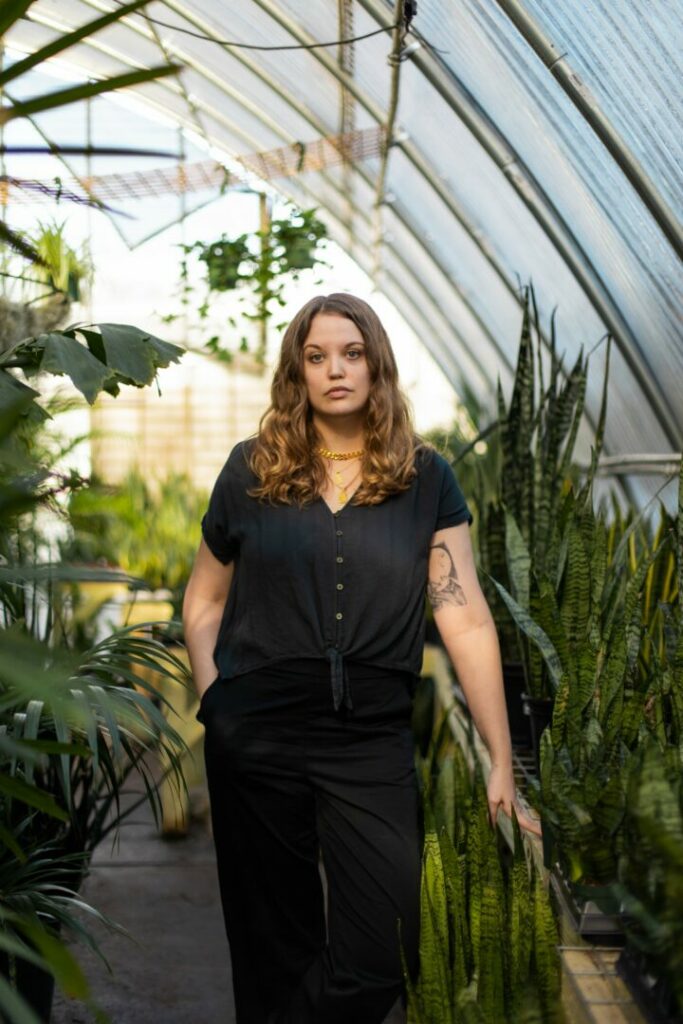
I didn’t! haha. For some of us, I don’t know that imposter syndrome is ever something that fully goes away, as much as it is something we change our relationship to. For example, I am queer, late diagnosed Audhd, grew up in poverty, and live with chronic pain and illness sooooo the social standard was not built for me. The societal definitions of success never reflect me. I have always been on the outside in some capacity so in many ways the script that many of us are supposed to follow to be successful got thrown out for me a long time ago. Read more>>
Malev Da Shinobi
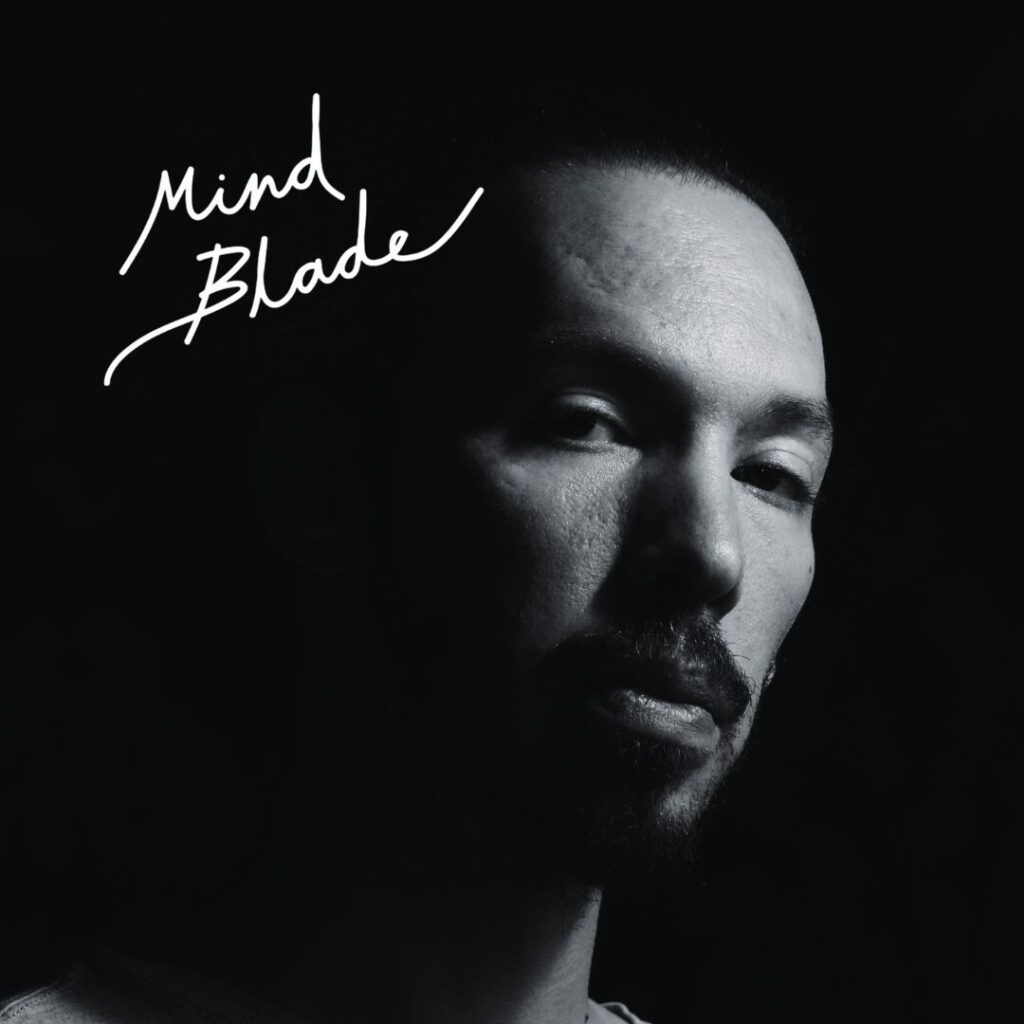
I haven’t really. Imposter syndrome to me is not something that I feel instinctually. It’s something that has been learned, or imprinted. Not from other people who consider themselves imposters, but from a generational angle, a zeitgeist spirit that suggests people actually have mastered this life thing. Undoubtedly there are experts in many fields and crafts, whether they be recognized for it or not. Imposter syndrome for me is more about the learning, and the self-imposed restrictions we place on ourselves when we branch out and try new things. Read more>>
Alexandra Johnson
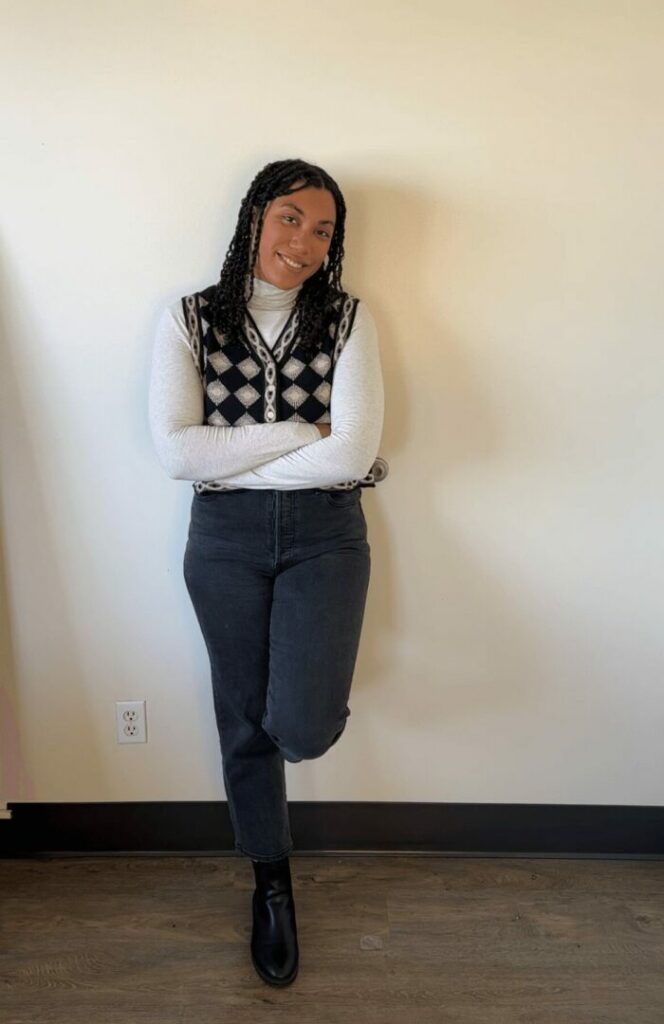
If I’m being honest, in my experience, imposter syndrome never quite goes away. Any person who has tried to accomplish something is susceptible to comparison, insecurity, and self-doubt. It’s easy to doubt yourself when you’re looking at other people who have succeeded at what you’re striving for. For example, while I’m very grateful for the followers and engagement that I have, I sometimes come across Instagram pages that either have more followers or more engagement. Sometimes, these creators have achieved these things in less time than I took to reach my current followership and engagement; it can be easy to overthink about something like this. Read more>>
Daniel De Boulay
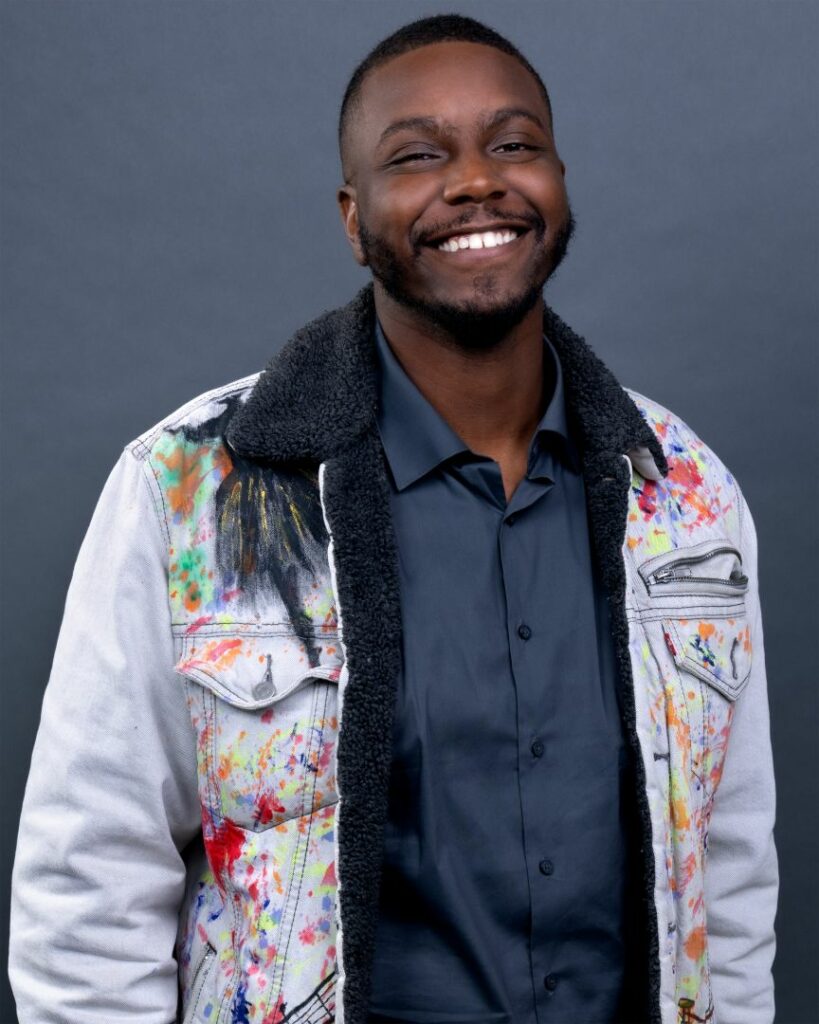
I don’t knoe if I’ve overcome anything really, but here are my thoughts on imposter syndrome. If you’re working, then your stress is warranted. If the stress is real, you’re not an imposter. If you’re not stressed, you probably aren’t working. And If you’re not working, what are you stressed about? Read more>>
Dr. Natalie Phillips
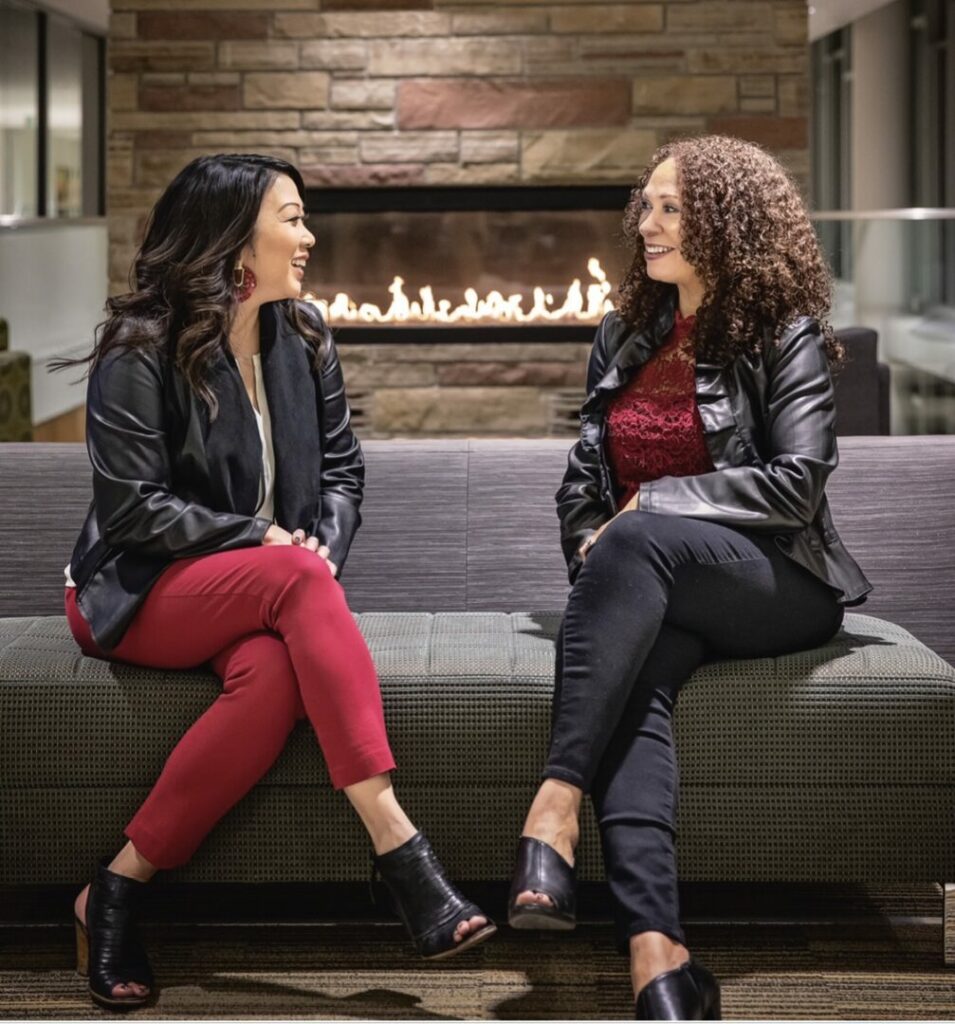
By having the RIGHT people who surrounded me who love me, support and encourage me, and truly want to see me succeed. BUT. It wasn’t easy. I would constantly find opportunities to learn, even out of my industry and out of my comfort zone. Through these learning environments, I would have to introduce myself and I would stand up and immediately freeze and say “I’m JUST A _____________”. I answered this way because I have a degree and went to school to be an Audiologist, BUT, it would feed into my belief that I was who I am because of my degree. I then felt “less than” because I was in a room of innovators and entrepreneurs. Read more>>

